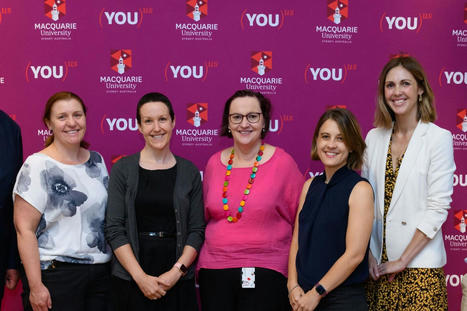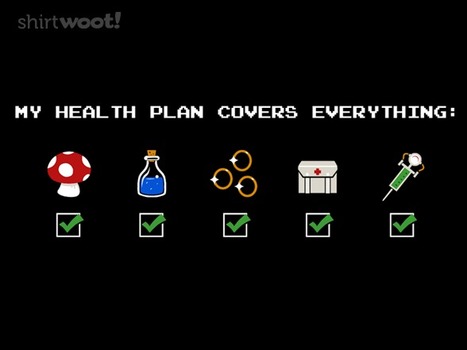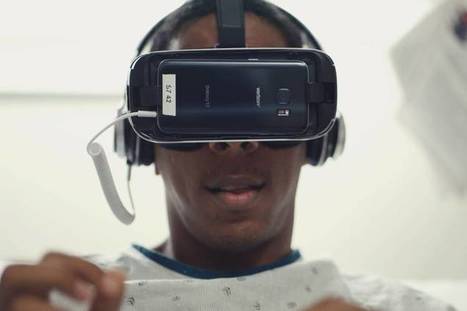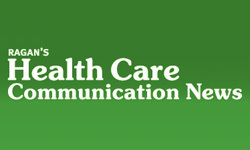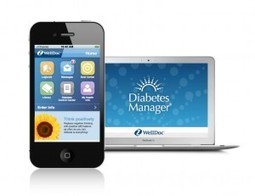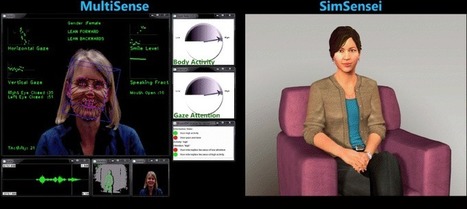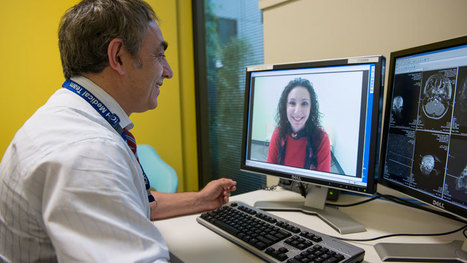This is a series of articles highlighting the 2020 Vice-Chancellor’s Learning and Teaching Award winners. This week we profile the winners of the Learning Innovation Award.
Research and publish the best content.
Get Started for FREE
Sign up with Facebook Sign up with X
I don't have a Facebook or a X account
Already have an account: Login
Keeping pace with the scope of educational simulation for learning in the Health Sciences.
Curated by
Learning Futures
 Your new post is loading... Your new post is loading...
 Your new post is loading... Your new post is loading...
|

Hanson Zandi's curator insight,
May 3, 2013 6:06 AM
Health Apps allowing more transparancey and awareness in the health sector. This means that patients can become proactive in their treatment process. #patientchampions |




